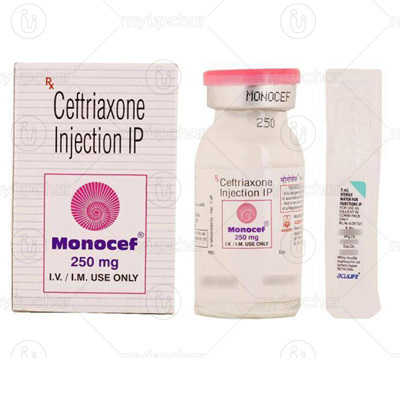What is a renal/kidney scan?
A renal scan also referred to as a kidney scan or renal scintigraphy, is a type of nuclear imaging test that helps in determining the size, shape and functioning of kidneys. It also aids in checking the blood flow through kidneys. This technique involves the use of a small amount of radioactive material, also called radioactive tracer, which is absorbed by kidney tissues and emits gamma rays. These gamma rays are then absorbed by the scanner and are used to create an image of kidneys.
Some tissues in kidneys absorb more tracer, whereas others absorb less. The tissues with more amount of tracer appear brighter and are called hot spots, whereas tissues with less amount of the tracer appear less bright and are called cold spots.
















